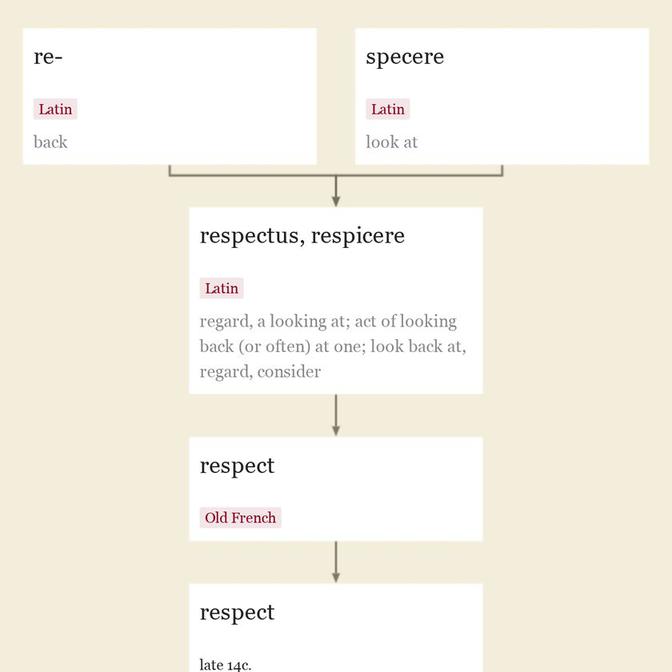self-respect n.
also self respect, "
updated on April 24, 2022
- multicolored
- multicultural
- multiculturalism
- multidimensional
- multidisciplinary
- multifaceted
- multifactorial
- multifarious
- multiflora
- multifloral
- multiform
- multiformity
- multilateral
- multilateralism
- multilayer
- multilevel
- multilineal
- multilingual
- multiloquent
- multimedia
- multi-millionaire
- multimodal
- multinational
- multinominous
- multiparous
